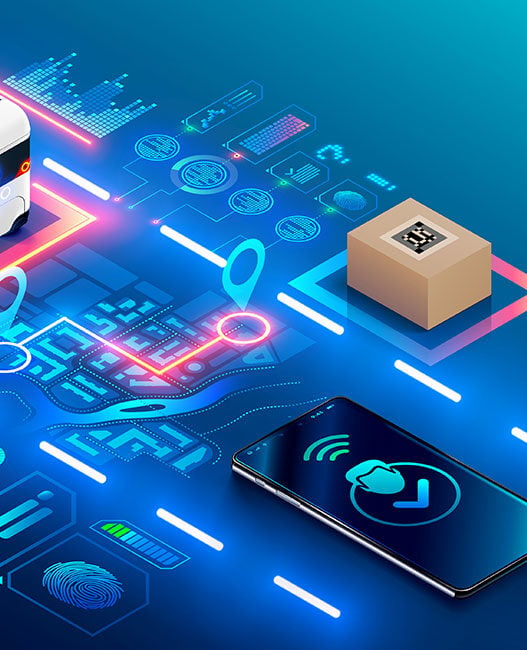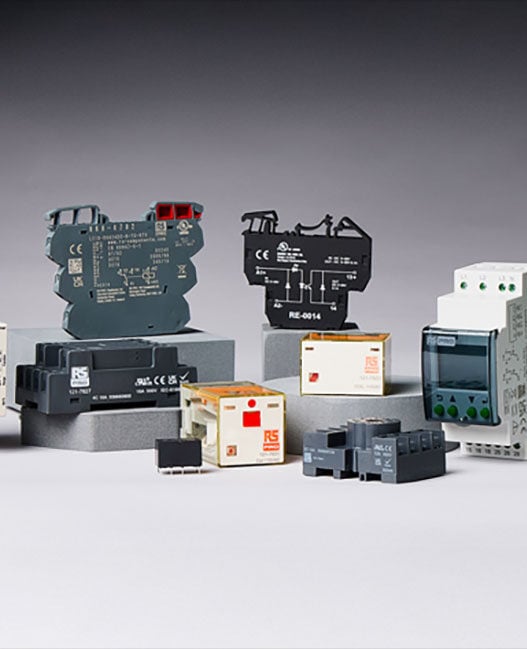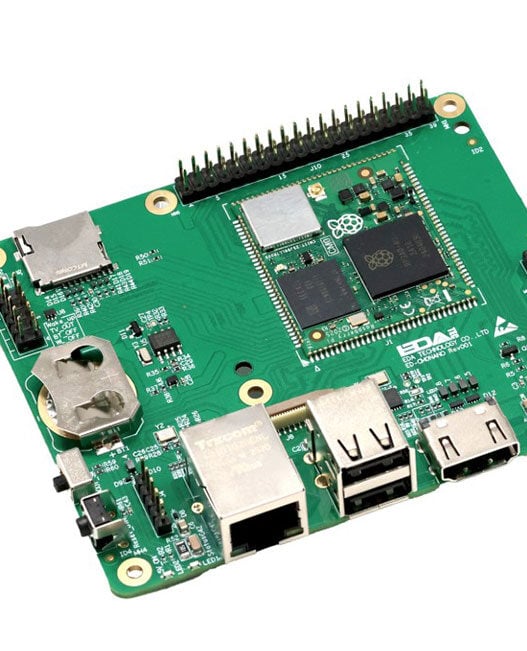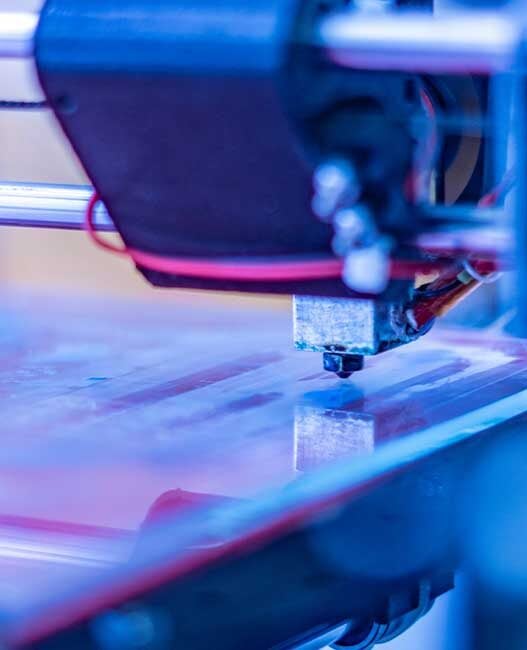Molex Ventures anticipates the future to help inform the present. The overnight shift to an almost fully online existence has done two things to digital networks. First, it has greatly increased the amount of data that is being created and shared, transforming previously stagnant industries. Second, that data is profoundly shaping personalisation and innovation on a global scale. Despite the current adversity, Molex thinks these two trends will create opportunities for technology to make lives easier.
Starting at a macro level, Equinix, which provides facilities in which large businesses can host servers and directly exchange data with other companies, forecasts that the amount of data being transferred over such private connections will grow 45% a year until 2023. Sectors known for slower innovation are also becoming connected and growing. These include telecom service providers, healthcare, life sciences, government, and education.
For a sense of what is happening at a micro level, the OpenVault Broadband Insight Report tracks how millions of broadband subscribers across the US and Europe use the internet. The report says average data consumption increased 47% from Q1 2019 to Q1 2020. Geography and high-speed internet access are also changing: the number of 1Gb/s internet connections in use nearly doubled during the same period.
The defining factor for our new shopping, working, learning, and socialising behaviours is the amount of data they are creating. Companies such as Google are making greater use of strategies such as A/B testing to understand how consumer behavior is changing during the pandemic. E-commerce giants are gathering insights about the content we like and how we prefer to consume it. Converting this raw data into useful insights requires progress in computational hardware and compression software. For example, Molex’s FPGA hardware group, BittWare, works with Eideticom, a Molex Ventures portfolio company, to develop technologies that enable datacenters and edge computers to meet the pandemic’s new computational storage and processing requirements.
Molex is optimistic the technologies that are being created now will make our future lives easier. We see new machine-learning (ML) techniques extracting patterns and meaning from datasets that were never previously available. Tools such as ML could be used to analyse pandemic datasets and help speed up the development of tangible solutions.
The pandemic has wholly changed both our real-world behavior and our online lives. Opportunity often springs from adversity. Let’s hope that the extreme adversity that is being caused by the pandemic will soon be matched with unprecedented opportunities to innovate our way to better lives.















